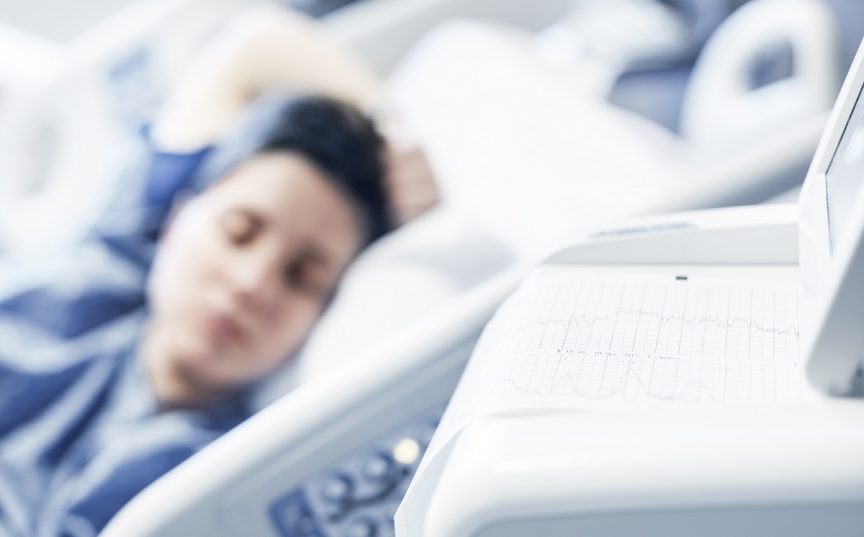Sleep deprivation has been linked to a worsening of post-surgical pain and recovery. We believe that a multimodal sleep route, which includes non-pharmacological sleep hygiene therapies and zolpidem and melatonin, can help patients with analgesia and sleep after total shoulder arthroplasty. In a prospective randomized controlled study, anatomic and reverse total shoulder arthroplasty patients were treated with or without an interventional multimodal sleep pathway. This method included nursing-directed non-pharmacological sleep hygiene interventions and pharmaceutical sleep hygiene therapies using low-dose zolpidem and melatonin at bedtime. They followed a systematic multimodal analgesia approach on all patients, including scheduled acetaminophen, naproxen, gabapentin, and a single shot interscalene regional nerve block.
In about 125 patients (64 control, 61 interventional) with similar demographics were enrolled. On postoperative day zero (POD 0, 44.8 ± 36.1.5 vs. 60.9 ± 42.1, p= 0.01), the interventional group drank less oral morphine milligram equivalents (MME) and showed a trend toward lower POD 0 visual analog scale (VAS) pain scores (2.6 ± 1.8 vs. 3.3 ± 3.0, p= 0.06). On POD 1, VAS pain levels and MME usage were similar. By quantitative wrist actigraphy, the interventional group had a longer objective sleep duration (5.9 ± 3.1 vs. 4.6 ± 2.7 hours, p=0.008) and improved sleep quality as measured by the Leeds Sleep Questionnaire (0-100 scale 50.3 ± 26.8 vs. 38.5 ± 27.8, p=0.01). Both groups were satisfied with pain and sleep management (89.2% vs. 79.6%, p=0.16, and 82.1% vs. 76.8%, p=0.48). The length of inpatient stay was not different (32.2 ± 14.8 vs. 34.1 ± 12.8 hours, p=0.44). The use of an interventional sleep pathway appears to be safe and beneficial in the setting of a regional and multimodal analgesia recovery plan for shoulder arthroplasty patients undergoing inpatient observation, with improved analgesia, reduced opioid usage, increased sleep duration, and improved reported sleep quality during the postoperative recovery period.
Source:www.jshoulderelbow.org/article/S1058-2746(22)00329-9/fulltext

